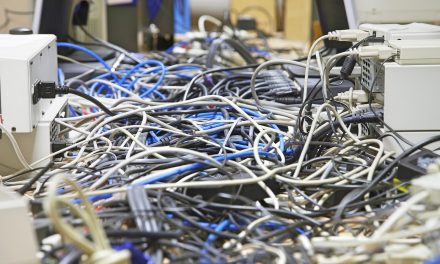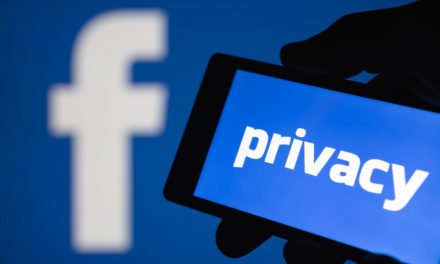One of the keynotes I attended in Madison was by Curtis Bonk. The premise of his talk (from what I can gather) was the statement “Now We All Learn” – that everyone can now be involved in wonderful learning on the Internet.
NOT
At least, not in the good old U.S. of A.
The U.S. census report (1996) projected that the number of households in 2008 woud be somewhere around 111 million. The latest Leichtman Research Notes suggest 64 million subscribers to broadband Internet from Cable and Telephone companies in 2Q 2008. This brings us to the harsh truth that somewhere around 57% of U.S. Households have wired broadband Internet at home. Certainly there are others (like myself) who pay for expensive satellite broadband service, but the best I can find for (just) under $100 a month is 1.5 Mbps download (and let’s just not talk about upload, shall we?).
What are the likely reasons for not having Internet at home?
- No computer ((for example, Leichtman Research says that 44% of households with annual incomes under $30,000 that do not have a computer at home)
- No wired broadband is available (again from Leichtman Research, 14% of rurual internet subscribers, or those interested in going online, have no wired broadband access).
- Can’t afford it.
While the blogging world (including myself) loves the idea of OLPC bringing computers to developing and war-torn countries – we still need to consider that many children in the U.S. do not have computers in their homes.
There are fantastic opportunities to learn via role-playing (can’t wait for Spore) or game-playing (have you seen Math Playground?) on the Internet, but many households can’t get anything but dialup (and speaking from experience, the dial-up experience on some of these phone lines is L-O-U-S-Y).
Finally, there’s the cost issue.
When I asked, at Bonk’s talk, what he had to say to the students in the U.S. with no decent Internet access, he suggested that they go to public libraries. I wonder if he’s ever tried it … first, you’ve got to get to the library (not easy in many rural areas if you can’t drive yourself), then you might have to wait in line, and finally, when you get to the terminal, you are likely to find (in your allotted 15 minutes) that the computer does not have the most recent versions of Flash, Quicktime, and other plugins necessary to make your online experience worthwhile.
If only there were some way to bring Internet easily into everyone’s home like we did with Television …
Oh, right, … there IS that possibility – we could “Free the Airwaves” and provide universal wireless Internet.
Please, sign the Petition to free the TV whitespaces here.




